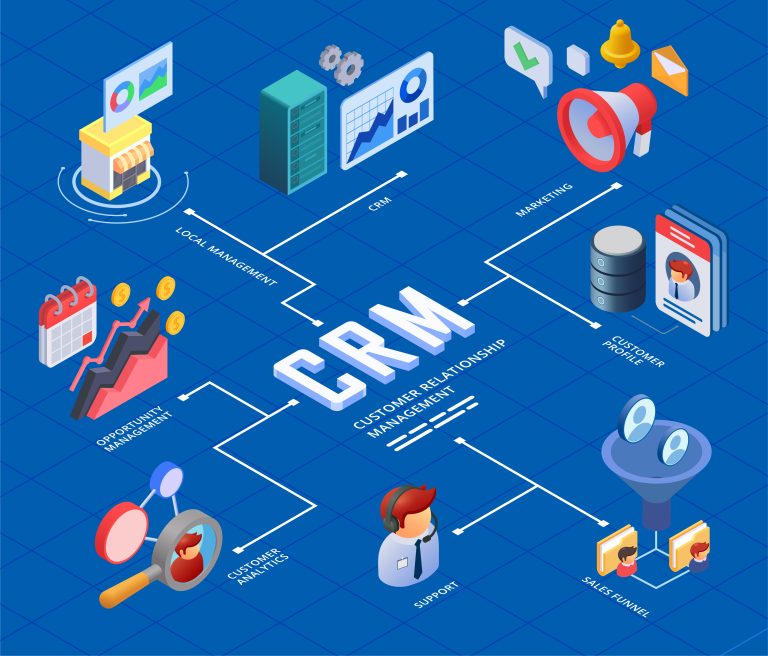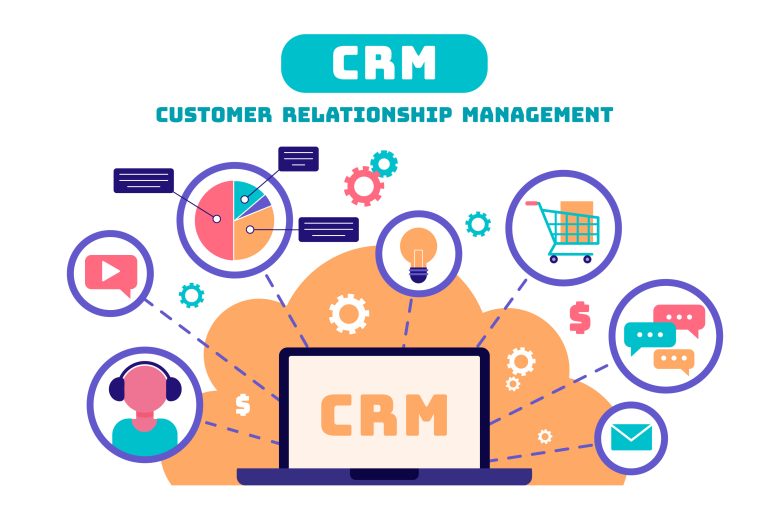Introduction
In today’s fast-paced and customer-centric business landscape, successful organizations understand that customers are the lifeline of their operations. Cultivating strong customer relationships is no longer an option; it’s a necessity for long-term success. Enter Customer Relationship Management (CRM), a powerful tool that has revolutionized the way businesses engage with their customers. In this blog, we will explore the profound impact of CRM on customer relationships, the customer journey, and how it acts as the heartbeat of business success.
Understanding CRM’s Customer-Centric Approach
CRM is more than just a software solution; it’s a philosophy that places the customer at the center of all business activities. By embracing a customer-centric approach, CRM empowers businesses to:
- Know Your Customers:
- CRM systems allow organizations to gather and analyze valuable customer data, including demographics, purchase history, preferences, and interactions. This deep understanding helps businesses tailor their offerings and marketing efforts to meet individual customer needs.
- Nurture Relationships:
- CRM enables personalized and timely communication with customers across various channels. By nurturing relationships and offering exceptional customer service, businesses can build trust, loyalty, and brand advocacy.
- Anticipate Customer Needs:
- By leveraging data analytics and predictive modeling, CRM can anticipate customer needs and preferences. This proactive approach enables businesses to be one step ahead, offering relevant solutions before customers even realize they need them.
- Resolve Issues Promptly:
- With CRM’s ticketing and issue-tracking capabilities, businesses can swiftly address customer inquiries and concerns. Efficient problem resolution fosters customer satisfaction and reduces negative feedback.
The Customer Journey Enhanced by CRM
CRM plays a vital role in every stage of the customer journey, turning it into a seamless and enjoyable experience:
- Attract and Engage:
- CRM facilitates targeted marketing campaigns, personalized content, and lead management, allowing businesses to attract the right customers and engage them effectively.
- Convert and Close:
- With CRM’s sales automation features, businesses can streamline the sales process, manage opportunities, and optimize conversion rates. A well-nurtured lead is more likely to become a loyal customer.
- Delight and Retain:
- CRM enables businesses to continue delivering personalized experiences even after the sale. Satisfied customers are more likely to become repeat buyers and loyal advocates for the brand.
The Business Impact of CRM
The adoption of CRM yields numerous benefits that directly impact business success:
- Increased Efficiency:
- CRM automates routine tasks, streamlines processes, and provides a centralized platform for data management. This efficiency translates to better resource allocation and reduced operational costs.
- Enhanced Customer Retention:
- Satisfied customers are more likely to remain loyal to a brand. CRM’s personalized approach and excellent customer service contribute to higher customer retention rates.
- Data-Driven Decision Making:
- CRM analytics offer valuable insights into customer behavior, market trends, and performance metrics. Businesses can use this data to make informed decisions, improve strategies, and seize growth opportunities.
- Improved Collaboration:
- CRM fosters collaboration among departments, breaking down silos, and ensuring everyone has access to real-time customer data. This unified approach strengthens internal communication and drives collective success.
- Competitive Advantage:
- Organizations that prioritize customer relationships and invest in CRM gain a competitive edge. By consistently delivering exceptional experiences, businesses can differentiate themselves in a crowded marketplace.
Challenges and Considerations
While CRM offers immense benefits, its successful implementation requires careful consideration of some challenges:
- Data Security and Privacy:
- Managing and protecting customer data is a significant responsibility. Businesses must adhere to data protection regulations and implement robust security measures.
- User Adoption:
- Introducing a new CRM system might face resistance from employees. Providing adequate training and emphasizing the benefits are crucial for successful user adoption.
- Integration with Existing Systems:
- Integrating CRM with other business applications can be complex. Seamless data flow and interoperability are essential to ensure a cohesive technology ecosystem.
Conclusion
In conclusion, Customer Relationship Management (CRM) is the heartbeat of modern business success. By prioritizing customer relationships and adopting a customer-centric approach, organizations can elevate their customer experiences and foster enduring loyalty. From attracting and engaging prospects to converting and delighting customers, CRM guides every stage of the customer journey, empowering businesses to stay ahead of the competition.
CRM’s ability to centralize data, automate processes, and provide actionable insights revolutionizes the way businesses operate, enabling them to make informed decisions and nurture relationships effectively. As technology continues to advance, CRM will play an even more significant role in shaping the future of customer interactions and business growth. Embracing CRM is not just a technological investment; it’s a commitment to building lasting and mutually beneficial relationships with customers, propelling businesses to new heights of success.



